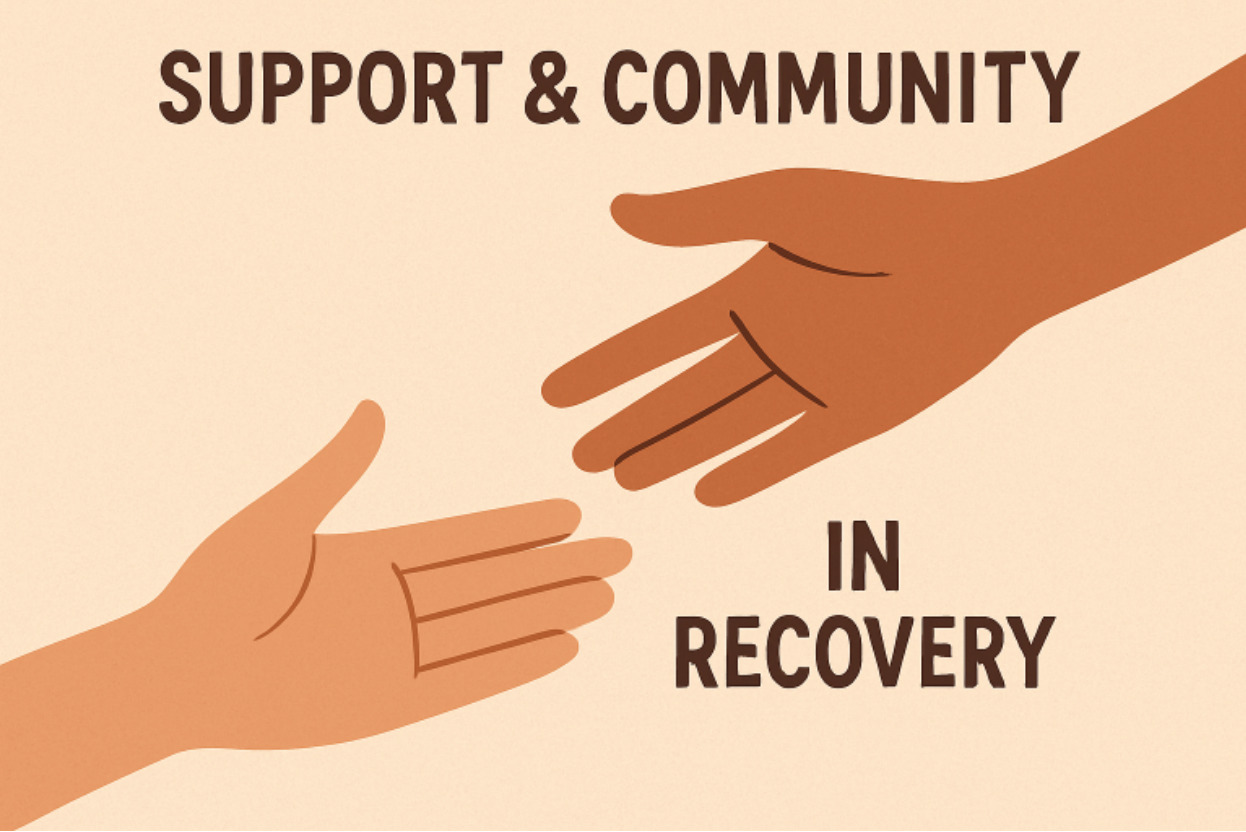What is Addiction Recovery?
Addiction recovery goes far beyond putting an end to substance use. It involves a deep transformation focusing on restoring health, relationships, and personal fulfillment. The process is highly personal—every journey looks different. Some people might succeed in reconnecting with family, while others prioritize building new routines or developing coping strategies that sustain long-term change.
To find out more now about how contemporary recovery approaches can be tailored to individual needs, explore resources provided by leading recovery centers that spotlight a whole-person approach.
The Substance Abuse and Mental Health Services Administration (SAMHSA) describes recovery as “a process of change through which people improve their health and wellness, live self-directed lives, and strive to reach their full potential.” The evolving definition recognizes that recovery is ongoing and that setbacks are a natural part of the journey, not a sign of failure. Embracing this mindset allows for more hopeful outcomes and builds resilience for everyday life.
Modern Challenges in Recovery
People in recovery today encounter shifting and significant challenges. The aftereffects of the pandemic have created widespread social isolation, while the digital age has made it easier than ever to access substances or misinformation about treatment. According to recent reports, over 20 million Americans are affected by addiction, yet less than 10% receive professional treatment.
The ever-present influence of social media brings both support and risk. While online communities can be powerful motivators, they expose people to misinformation or triggering content. Navigating this environment requires credible sources, mindfulness, and ongoing support from trusted individuals or organizations.
The Role of Community and Connection
Strong, meaningful connections are proven to be critical for recovery. Social support is one of the greatest predictors of sustained change. Peer-led groups, sponsor relationships, and trusted family members all provide accountability and encouragement at each stage of the journey. Simple practices like regular check-ins, attending group therapy, or communicating with a sponsor create space for reflection and affirmation.
Digital communities are increasingly valuable for those who cannot always access in-person groups. Online support groups, forums, and virtual meetings offer anonymity, a sense of belonging, and support available 24/7, which is particularly important for people in remote areas or those with schedule limitations.
Combining Traditional and Innovative Methods
There is no single path to successful recovery. Traditional strategies such as 12-step programs, cognitive-behavioral therapy (CBT), and inpatient care continue to anchor many recovery journeys. However, new evidence-based tools are broadening what’s possible. Mindfulness-based relapse prevention, trauma-informed care, and holistic wellness programs, such as yoga, meditation, and nutrition counseling, can address a wider range of needs.
When tailored to the individual, these hybrid plans empower people to find what resonates most with them. This integrated model honors personal preferences and increases the likelihood of lasting change.
Technology in Addiction Recovery
Digital innovation is rapidly reshaping how people access recovery support. Smartphone apps allow individuals to track sobriety, connect with counselors, or access motivational content on demand. Virtual therapy and support sessions help break down geographical and mobility barriers, allowing for consistent support independent of location. The CDC notes that telehealth has dramatically expanded treatment reach during recent health crises.
Wearables contribute by monitoring physiological signs such as stress and sleep—data which can warn of rising relapse risk or trigger points. AI-driven platforms can even prompt mindfulness or stress reduction exercises at critical times, empowering individuals to intervene before cravings escalate. Incorporating these tools creates new pathways for real-time support tailored to modern life.
Measuring Success Beyond Abstinence
While staying free from substance use is an important metric, sustainable recovery is much broader. Experts emphasize the value of progress in mental health, physical well-being, social support, and life satisfaction. Building a meaningful daily routine, achieving personal goals, or restoring trust in relationships are all genuine indicators of forward movement.
Celebrating incremental wins—no matter how small—keeps motivation high and reinforces positive change. Individuals may journal their progress, set weekly intentions, or honor key milestones with support systems. This strengths-based perspective boosts resilience and protects against setbacks by fostering hope and renewed purpose.
Everyday Tools for Sustained Recovery
- Routine and Structure: Establishing a predictable schedule lowers stress and makes time for self-care.
- Exercise and Movement: Moderate physical activity can elevate mood and support brain health.
- Healthy Nutrition: Balanced meals restore energy, support healing, and improve mood regulation.
- Creative Outlets: Activities like art, crafting, or music nurture self-expression and joy outside substance use.
- Reflection: Journaling, meditating, or simply noting gratitudes daily helps process feelings and keeps focus on progress.
These habits are accessible to most people, backed by robust research, and easily incorporated into daily life for ongoing support.
Resources for Deeper Insight
Staying informed, connected, and inspired are vital parts of recovery. Leading health news outlets often share up-to-date findings, expert interviews, and stories of hope—helping individuals and families navigate new science or policies. The National Institutes of Health news release section is an indispensable resource for recent developments and reputable advice.
The landscape of addiction recovery continues to evolve. By embracing supportive communities, innovative therapies, and practical daily tools, individuals can carve out a recovery path that is both resilient and uniquely their own.



